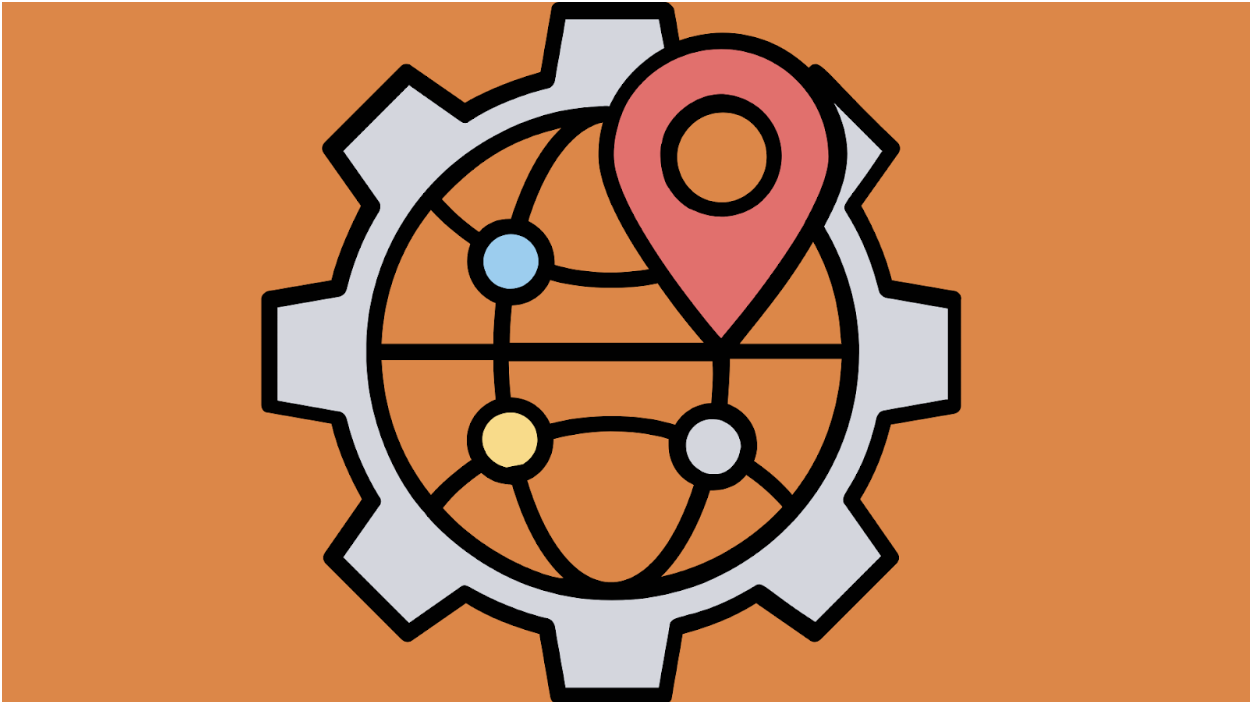In today's digital landscape, pinpointing an IP address's geographical location has become increasingly valuable for developers and businesses alike. This process, known as geocoding IP addresses, provides valuable insights that can be used for various purposes, including targeted advertising, fraud detection, and personalized user experiences. In this blog post, we'll explore geocoding IP addresses, how they work, and their applications for developers and businesses.

What is Geocode IP?
Geocoding IP is converting an IP address into geographical coordinates (latitude and longitude) corresponding to a physical Earth location. This process allows developers and businesses to determine the approximate location of a device connected to the internet based on its IP address.
How Does Geocode IP Work?
Geocoding IP works by mapping IP addresses to specific geographical locations using databases that contain information about the allocation of IP addresses to different regions, countries, or cities.
These databases are often maintained by organizations specializing in IP geolocation services and are regularly updated to reflect changes in IP address assignments.
Applications of Geocode IP
Geocoding IP addresses can be used to deliver targeted advertisements based on the location of the user. For example, a business can use geocoding to display ads for local events or promotions to users in specific geographic areas.
Geocoding IP addresses can help businesses detect and prevent fraud, such as identity theft or credit card fraud. By comparing the location of an IP address to a user's billing address, businesses can identify suspicious transactions and take appropriate action.
Geocoding IP addresses can provide users with personalized experiences based on their location. For example, a website can display content in the user's preferred language or show local weather information based on location.
Geocoding IP addresses can localize content based on the user's location. For example, an e-commerce website can display prices in the local currency or show product availability based on the user's location.

Conclusion
Geocoding IP addresses is a valuable tool for developers and businesses leveraging location data for various purposes. By understanding how geocoding works and its applications, developers and businesses can make informed decisions about using this technology to enhance their products and services.
FAQs
1. Can geocoding IP addresses be used to track the exact location of a device?
Geocoding IP addresses provide an approximate location based on the IP address's assigned location. However, it may not always pinpoint the exact location of a device.
2. Is geocoding IP addresses accurate?
Geocoding IP addresses can provide accurate location information, but the accuracy may vary depending on the database and the method used for geocoding.
3. Are there privacy concerns associated with geocoding IP addresses?
Yes, there are privacy concerns associated with geocoding IP addresses, as it involves tracking users' locations based on their IP addresses. Businesses must comply with privacy regulations and obtain user consent when collecting and using location data.
4. Can geocoding IP addresses be used for mobile devices?
Yes, geocoding IP addresses can be used for desktop and mobile devices. Still, the accuracy may vary depending on the type of connection (e.g., Wi-Fi, cellular) and the availability of location services.
5. How often are geocoding databases updated?
Geocoding databases are regularly updated to reflect changes in IP address assignments. The frequency of updates may vary depending on the database provider.